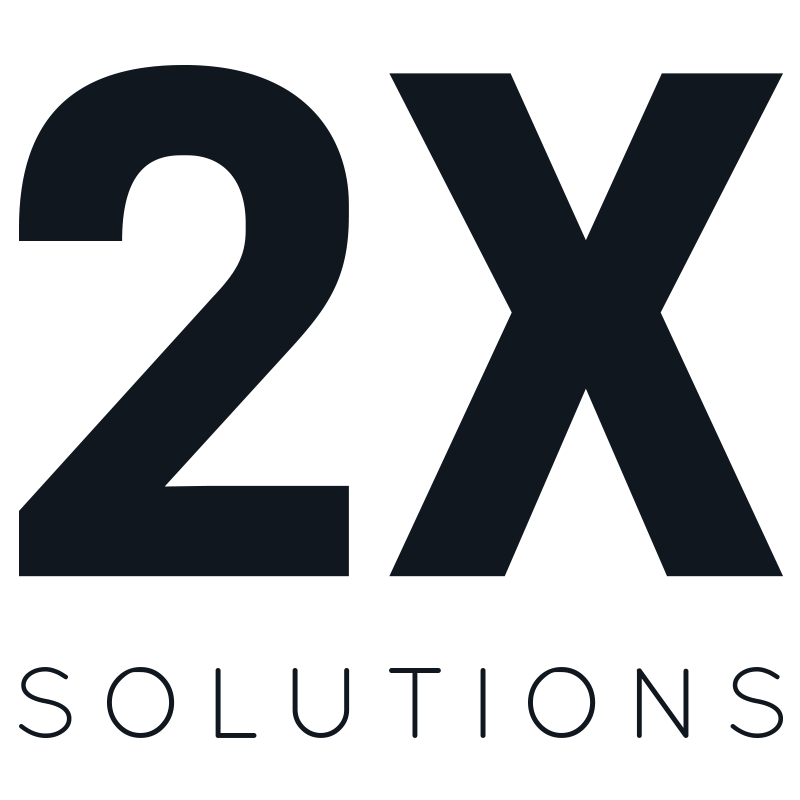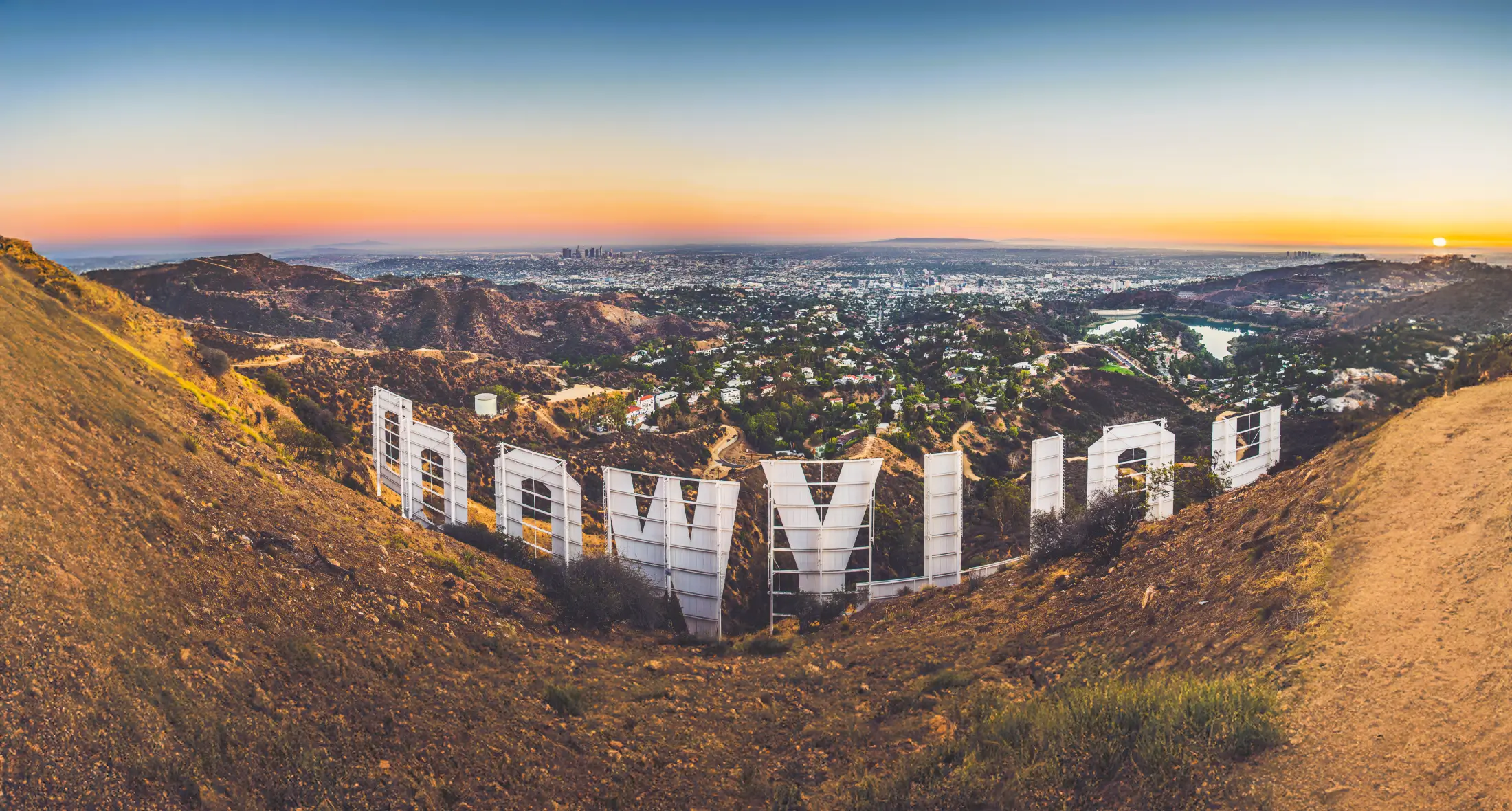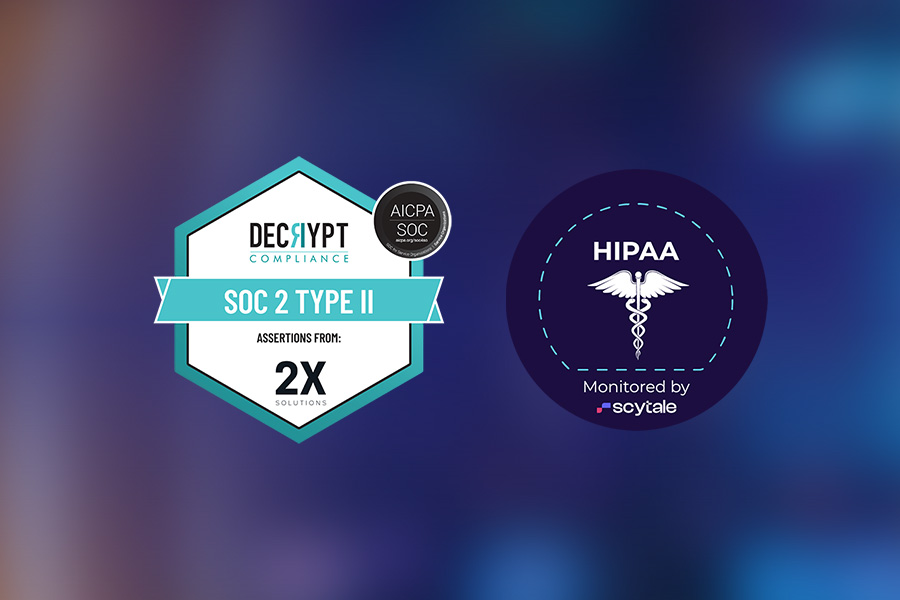As AI-generated voices become more prevalent in Hollywood, the industry grapples with the benefits and drawbacks. From enhancing production efficiency to concerns about authenticity and job displacement, AI’s Role in Hollywood’s entertainment sector is profound and multifaceted.
The Good: Enhancing Production Efficiency
AI voice cloning technology offers significant benefits in terms of production efficiency. For example, NBC recently utilized an AI-generated voice clone of the legendary broadcaster Al Michaels for its Olympics coverage. Michaels, initially skeptical, was amazed by the technology’s accuracy, describing it as “almost 2% off perfect.” This AI voice will narrate daily recaps of the Summer Games in Paris, tailored to individual viewers’ preferences. NBC trained the AI using Michaels’s past broadcasts, ensuring that the cloned voice captured his unique style and intonations.
By employing AI voice clones, broadcasters can streamline their production processes, reduce costs, and provide highly personalized content to viewers. This technology enables media companies to scale their operations and deliver a more customized experience, potentially revolutionizing how live events and daily summaries are presented to audiences.
The Bad: Concerns About Authenticity and Job Displacement
While AI voice cloning offers efficiency gains, it also raises significant concerns about authenticity and job displacement. Voice actors and other industry professionals worry that their voices could be cloned and used without consent, threatening their livelihoods. The Australian Association of Voice Actors (AAVA) highlighted the risks of AI replacing human voice actors, with an estimated 5,000 local actors already facing job insecurity due to the rise of AI voice technology.
Morgan Freeman recently joined other celebrities in speaking out against unauthorized voice cloning. Freeman thanked his fans for their vigilance in calling out a TikTok scammer using an AI-generated version of his voice. Similarly, Scarlett Johansson took legal action after discovering that an AI voice assistant, Sky, sounded remarkably like her despite her refusal to participate in the project.
These instances underscore the ethical dilemmas associated with AI voice cloning. The technology’s ability to replicate unique vocal characteristics means that anyone with sufficient public audio data is at risk of having their voice cloned without permission, leading to potential misuse and exploitation.
The Ugly: Ethical and Legal Implications
The proliferation of AI voice cloning in Hollywood brings to the forefront a host of ethical and legal issues. The use of AI to recreate voices without consent not only threatens jobs but also raises questions about the ownership of one’s voice. The case of Drake using AI to recreate Tupac Shakur’s voice in a rap beef, which resulted in a cease and desist from the Shakur Estate, highlights the potential for abuse and the need for clear regulations and protections.
Moreover, the impact of AI on creativity is a growing concern. Voice actors argue that AI lacks the spontaneity and emotional depth of human performers, which can detract from the quality and authenticity of creative projects. As AI technology continues to advance, it is crucial to establish ethical frameworks and legal safeguards to protect the rights and livelihoods of artists and performers.
Conclusion
AI’s role in Hollywood is both promising and contentious. While it offers significant benefits in terms of efficiency and personalization, it also poses serious challenges regarding authenticity, job displacement, and ethical use. The entertainment industry must navigate these complexities carefully, ensuring that AI technology is used responsibly and that the rights and contributions of human artists are respected and protected. As the technology evolves, finding a balance between innovation and ethical considerations will be key to harnessing the full potential of AI in Hollywood.






